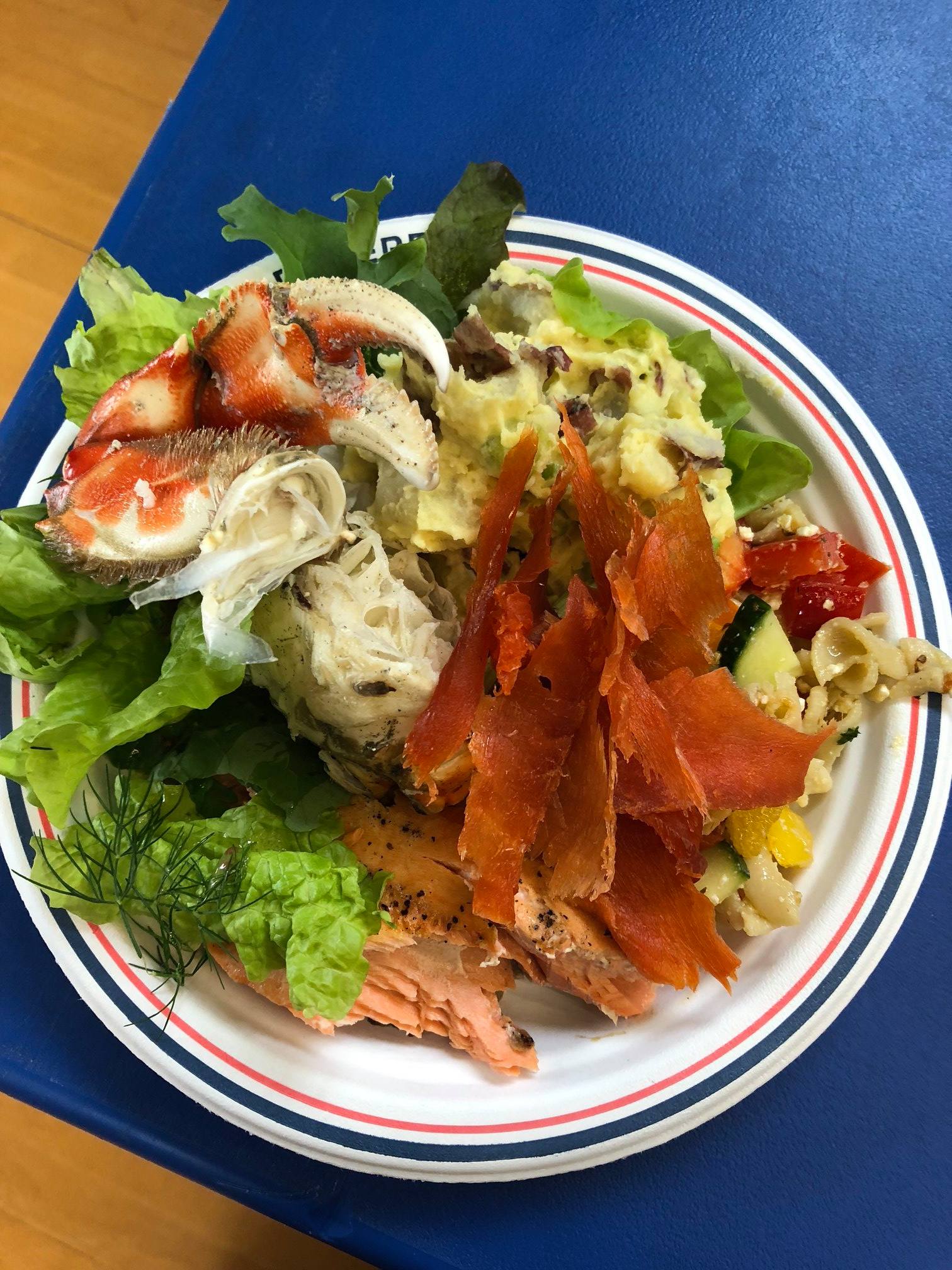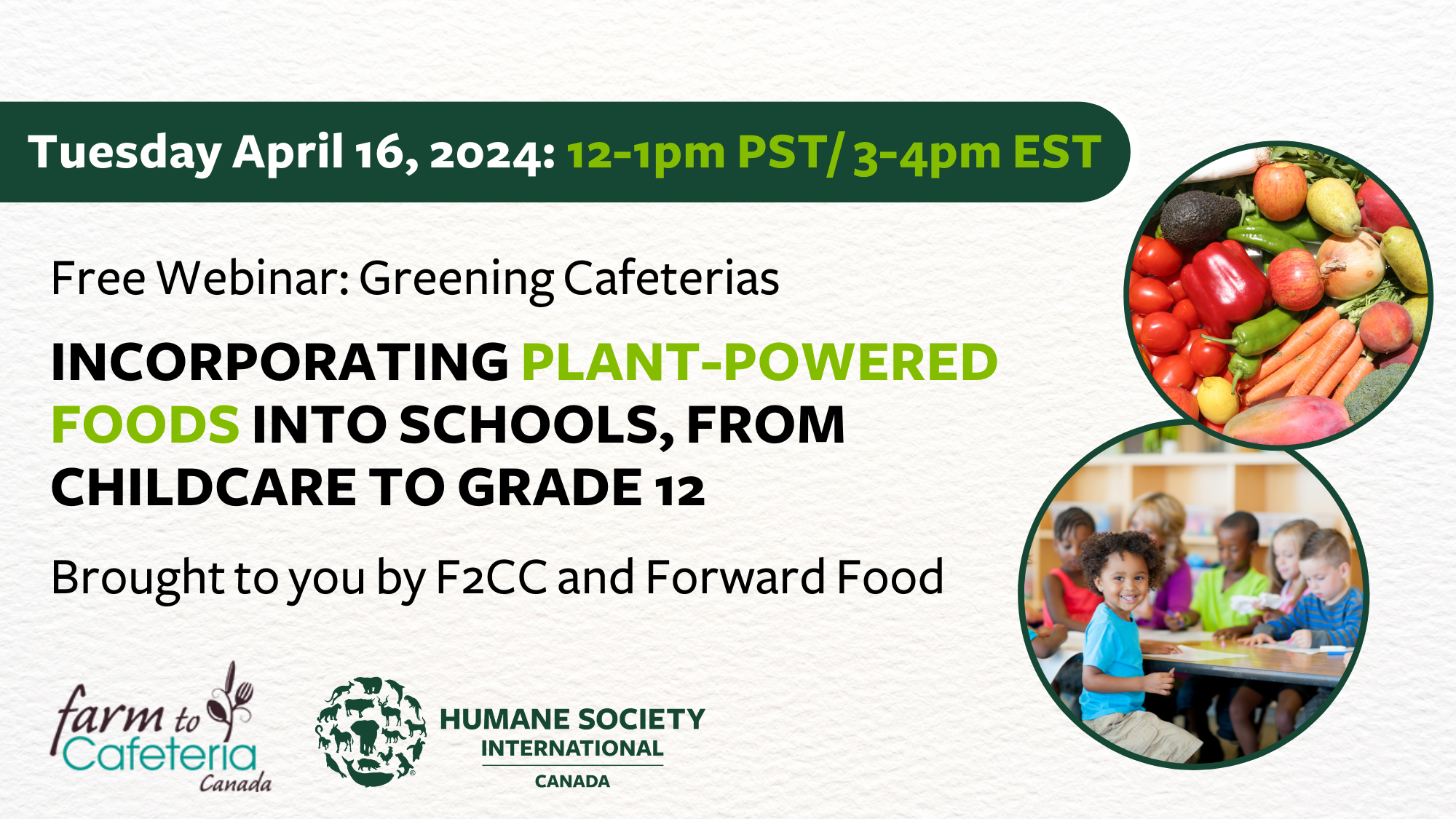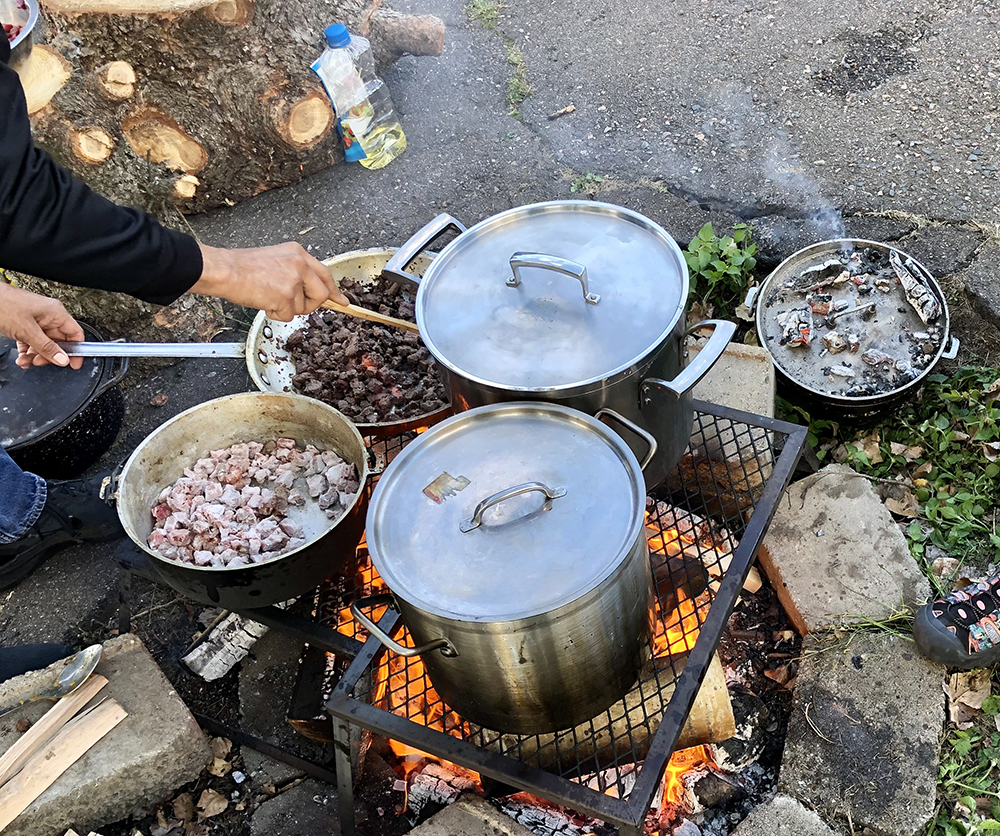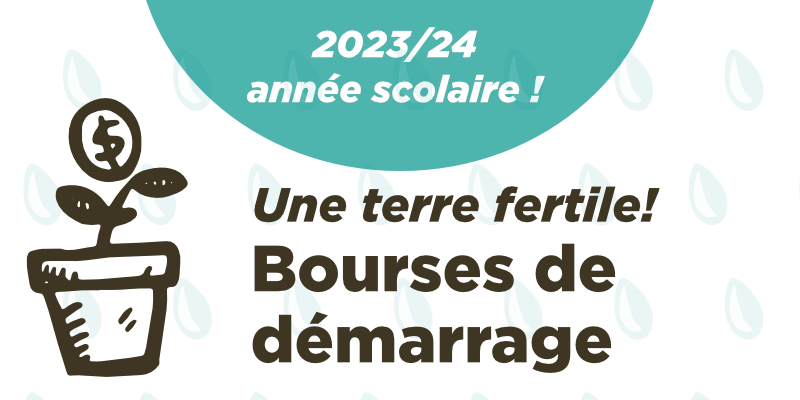Sk’aadGaa Naay Elementary School, Skidegate, BC
2017-2018 (Year 2)
I would like to acknowledge the unceeded territory of the Haida Nation for which I gather, farm and share local food from, Haawa.
Venison sliders, fresh local greens, seasonal berries, and halibut soup with fried bread are just a few of the foods on our menu at Sk’aadgaa Naay Elementary School. All thanks to the generous donations from local hunters and the Llgaay gwii sdiihlda, Restoring Balance project, Haida Wild, Council of Haida Nation, Gwaii Trust and from School District 50, Haida Gwaii for making our program a priority in the budget decisions. It is a wonderful feeling eating local, nutritional food throughout the school year, and an even more grateful feeling knowing we have managed to store goods on our shelves, begin to stock our freezers for fall and winter and prepare our pantry for receiving the greenhouse bounties of our summer harvest. The addition of the salad bar this spring was well received. Trying out new varieties of salads, it blew my mind that with each meal, we were serving 4 lbs of greens to our precious students. Along with the greens, you were encouraged to try some toppings of seeds, seasonal berries, carrots, beets, local cheese, and homemade dressings. By adopting a school food and nutritional policy, we are ensuring our students have access to healthy, safe and culturally appropriate food and food programs equally while on school premises.
“We love your salads Sian” – quote, on a note slipped under my door from Bevan Nicol, grade 3, Sk’aadgaa Naay Elementary School.
BUILDING COMMUNITY- “When you eat from your homeland, you take in the spirit of the land and those that came before” (Colin Richardson). For the past few years, the support network that has developed visions and goals for the Haida Foods Committee have been working closely with schools, community members, farmers, funders and grant writers, to continue this already existing movement. Collectively we have shifted to connect local and seasonal gatherers, harvesters, preparers and servers, in all of our communities and after attending my first Learning Circle this past fall, my passion for feeding our precious children grew to food coordinator for our local elementary and high school. Working with the Local Foods to School and Pantry Team of Kiku Dhanwant, Shelly Crack, and Jenn Dysart for the South End of Haida Gwaii has provided my program with year round access to local food and related learning. Together, they have been able to provide me with all the right tools, encouragement and visions to guide me in having a respectful and meaningful program that is an integral part of building stronger communities. By supporting local farmers and gatherers, we are connecting our communities to a sustainable economy that is building an even bigger community that will have a positive impact with our precious children. Engaging and connecting to local foods in schools is a priority in our school district and one that I am proud to be a part of.
EMPOWERMENT TROUGH ROLE MODELS- It really does take a village to raise a child. One thing I do know from this past year in my role as food coordinator, is how grateful I am for all the many great role models that help make this program a success. The activities that happen year round that provide skills, valuable lessons and respect to the land and sea are graciously executed by people who are just like you and me. Guidance on Haida priorities and appropriate harvesting continue to connect the past to the present. I have the honour of sharing my kitchen with a family that show me how giving back is necessary in my life. From helping chop vegetables to making dough and flipping fried bread, I am empowered through the many role models that provide our children with connection to values and respect. It is a distinct form of stewardship that is being passed down around food and I am so grateful to be part of it. The kitchen brings people into our schools that may not ever have been there.
THE SALAD BAR EXPERIENCE- When given the opportunity to provide choices during hot lunches, I was thrilled to bring in the salad bar. I watched the experience grow for 2 lbs of greens to 4 lbs of greens in one month. Typically our students can choose from a variety of foods including 3 or more vegetables, fruit, protein and grains. With the addition of the greenhouse greens, we are able to pick and serve daily. Our students enjoyed learning and exploring new foods and would often come back for seconds. Our children participate by helping gather, prepare and serve on hot lunch days. They contribute and experience the process from planting the seed in the ground, to helping it grow, to harvesting to the table.
THE GREENHOUSE- With the exception of a minor setback with some vandalism of our greenhouse, I believe our season has been a success. With a short growing season on Haida Gwaii, we take what we get. The greenhouse this year witnessed kindergarten students planting strawberries, harvesting kale and planting beans to take home, grade one students releasing beneficial butterflies to help our garden grow, french immersion students planting potatoes and grade four students picking greens for our salad bar. We managed to make a rhubarb dressing for the salad bar and are hoping grow enough next year to make muffins. We are excited to see turnips, artichokes, zucchini, celery, and cucumbers growing in our greenhouse. We love getting our hands dirty and take advantage of every opportunity to pick kale flowers and water the greenhouse. With funding and help from volunteers, we will see tomatoes harvested and root vegetables in our pantry when we return next school year.
WHAT NEXT- As a returning employee for School District 50, Haida Gwaii, I can hardly wait to grow with this exciting and empowering movement that has been happening on Haida Gwaii for some time. I feel that my work is just beginning. The connections and trust that I have built in a short time has strengthened my passion and harnessed a desire to add more to our program. My future goals are to develop a recipe book with our students, bring the Haida language to our table setting with food words on place cards, and to cook more with our families. Together we can feed our precious children, one plate at a time. Haawa.
2016-2017 (Year 1)
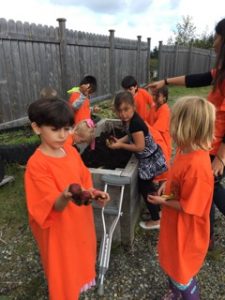 Farm to School has been a valuable part of Sk’aadgaa Naay Elementary School school’s food program during the 2016/17 school year. A recent grant provided the opportunity to increase our salad bar local food offerings and allowed students the chance to sample, access, and enjoy a variety of foods.
Farm to School has been a valuable part of Sk’aadgaa Naay Elementary School school’s food program during the 2016/17 school year. A recent grant provided the opportunity to increase our salad bar local food offerings and allowed students the chance to sample, access, and enjoy a variety of foods.
Our school food program has evolved over the years, beginning as a one day per week lunch in 2010. The program then increased to a two day per week lunch featuring soups, salads and sandwiches prepared with fresh ingredients. Thanks to the new Farm to School grant, we are currently able to offer lunch three days per week featuring a salad bar filled with local, healthy ingredients that are sourced as close to Haida Gwaii as possible.
We have been able to increase the variety and volume of local foods that we have been serving in the salad bar and have been able to prepare our greenhouse for spring and summer planting. We are planning to use foods grown in our greenhouse in the salad bar program as these foods are harvested throughout the school year. Our school cook is happy to be able to preserve and utilize local foods that can be used in our lunch program on a regular basis.
Many of our students take part in the salad bar and are always excited to see what fruits and vegetables will be offered. We are able to offer a widening variety as the students are becoming increasingly adventurous in their food choices! As more and more students are eating broccoli, cauliflower, and tomatoes, we are able to introduce vegetables such as asparagus and turnips. We have noticed a significant increase in the students’ willingness to try new foods.
In addition to incorporating local foods and increasing the foods offered in our salad bar, we have been able to invite and welcome the community into our school in the form of volunteers, knowledge holders, and parents who have given their time and energy to help make the salad bar program a success. We have a committed group of people who arrive at our school every week to help make the salad bar a success.
Farm to Cafeteria Canada and Whole Kids Foundation – thank you for the financial support provided through this funding. The addition of local food and community involvement in our lunch program have been an extremely appreciated and well received aspect of our school food program.

